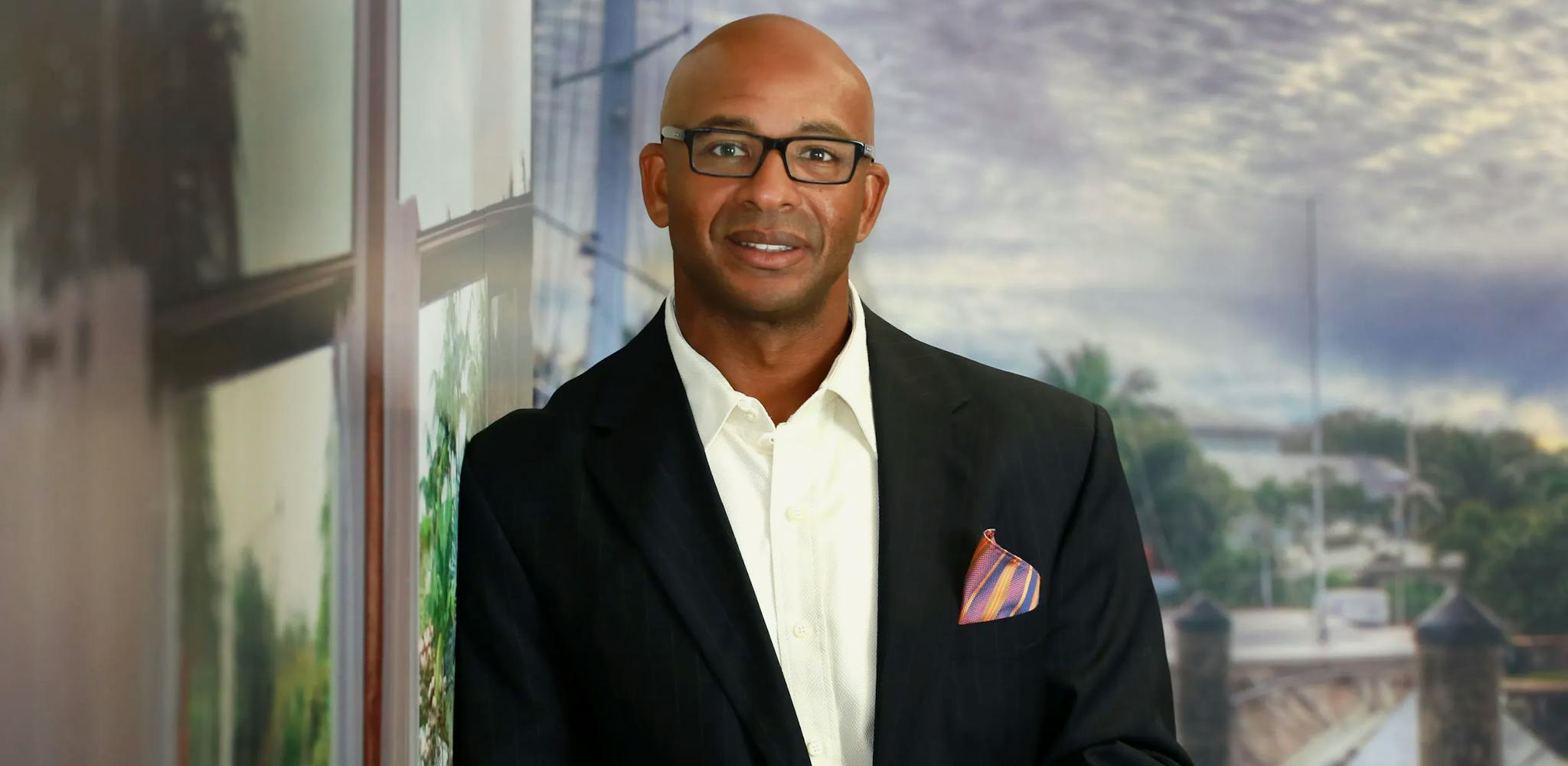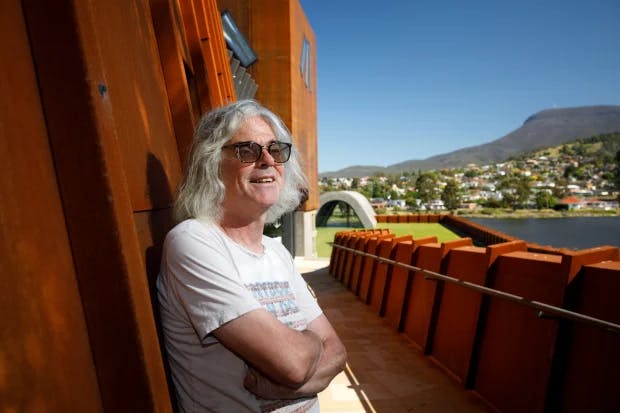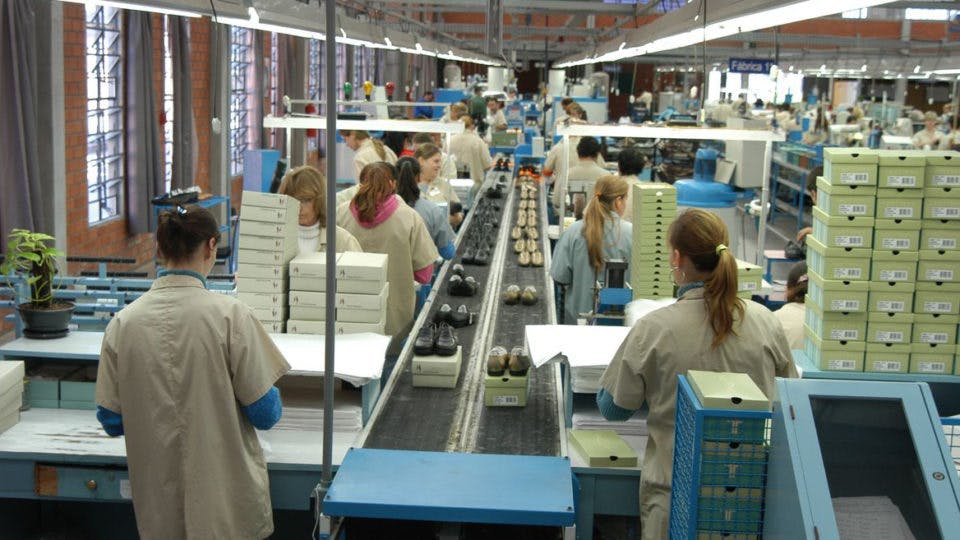From Lottery Winners to Successful Entrepreneurs
Advice and lessons from winners who became entrepreneurs. Positive impact on the local economy generated by businesses funded with lottery prizes
The Lottery House
tags:
winner
investment

From Dream to Reality: Lottery Winners Who Turned Luck into Business Success
Winning the lottery is a dream shared by many, but few manage to transform this sudden luck into lasting success. Among the lucky ones, there are those who, instead of spending their fortunes impulsively, chose to invest in businesses that not only provided them with financial stability but also significantly contributed to the local economy. This article explores inspiring stories of lottery winners who became successful entrepreneurs, offering valuable advice and highlighting the positive impact of their ventures on communities.
From Winners to Entrepreneurs: Success Stories

David Walsh: The Visionary Behind MONA
David Walsh, a mathematician and professional gambler from Australia, won millions in the lottery and other games. Instead of spending his money on luxury and extravagances, Walsh decided to invest in his passion for art. In 2011, he opened the Museum of Old and New Art (MONA) in Tasmania. The museum, known for its eclectic and provocative collection, quickly became one of Australia's top tourist attractions.
Walsh’s Advice: "Invest in something you love and that can benefit others. Money is ephemeral, but a cultural legacy can last generations."
Local Impact: MONA revitalized Tasmania's economy, generating jobs, attracting tourists, and inspiring a cultural renaissance in the region.
Brad Duke: Financial Planning and Investment
Brad Duke, an American from Idaho, won 220 million dollars in the Powerball lottery in 2005. Unlike many winners who end up bankrupt, Duke used his prize to create a robust financial plan. He invested in real estate, a wellness company, and an investment fund he still manages today.
Duke’s Advice: "Find good financial advisors and create a clear plan. Don’t get carried away by the euphoria of the moment."
Local Impact: Duke's businesses generated jobs in various areas, from construction to healthcare, contributing to Idaho's local economy.
Miguel Pilgram: Transforming Communities
Miguel Pilgram, a former military member, won 52 million dollars in the Florida lottery. Pilgram decided to invest his prize in urban revitalization projects in disadvantaged communities in Fort Lauderdale. He bought and renovated properties, creating accessible commercial and residential spaces.
Pilgram’s Advice: "Use your fortune to make a positive impact. Social returns are as important as financial ones."
Local Impact: Pilgram’s initiatives transformed rundown areas into vibrant communities, promoting economic and social development.
Advice and Lessons from Entrepreneurial Winners

Financial Education and Planning
A common lesson among successful winners is the importance of financial education. Many consulted specialists to learn about investments, taxes, and wealth management. Financial education allows winners to make informed choices and avoid common pitfalls.
Diversification of Investments
Diversifying investments is crucial for protecting and increasing wealth. Successful winners invested in various sectors such as real estate, stocks, startups, and traditional businesses. Diversification reduces risks and increases the chances of positive returns.
Purposeful Ventures
Investing in something that brings personal satisfaction and benefits the community is a winning strategy. Projects aimed at community development, education, health, and culture not only generate profit but also create a lasting legacy.
Prudent and Sustainable Management
Prudent resource management is essential. Avoiding extravagant expenses and focusing on long-term investments are common practices among entrepreneurial winners. Many created strict budgets and set clear financial goals.
Social Contribution
Many winners use part of their prizes for social causes. This not only improves the reputation of their ventures but also creates a positive impact on society. Donations to charity, scholarships, and community projects are examples of how wealth can be shared.
Positive Impact on the Local Economy

Businesses funded by lottery prizes have a significant impact on local economies. They generate jobs, attract investments, and promote regional development. Let's explore the positive impact of some ventures more deeply.
Economic Development and Job Creation
Businesses started by lottery winners often become major employers in their regions. For example, David Walsh's MONA employs hundreds of people directly and indirectly. Besides museum staff, there are those who work in tourism, hospitality, and services catering to MONA visitors.
Urban Revitalization
Urban revitalization is another significant impact of lottery winners' investments. Miguel Pilgram's investment in Fort Lauderdale not only created construction jobs but also improved residents' quality of life by bringing new businesses and opportunities to the area.
Promotion of Culture and Education
Investments in culture and education have long-term effects on society. David Walsh's MONA, for example, is not just a museum but an educational and cultural center offering educational and artistic programs to the community. This promotes the intellectual and cultural development of the region.
Social Entrepreneurship
Some lottery winners invest in social businesses aimed at solving specific community problems. These ventures create a double impact: generating profit and addressing social issues such as education, health, and housing. The impact multiplies as more people are empowered and more problems are solved.
Conclusion:

The story of lottery winners who became successful entrepreneurs is an inspiration to many. They demonstrate that with planning, financial education, and a clear purpose, it is possible to transform sudden wealth into a lasting legacy. These entrepreneurs not only achieved financial success but also made significant positive impacts on their communities, contributing to economic, social, and cultural development.
For those who dream of winning the lottery, these stories offer valuable lessons: the true value of a prize lies in how it is used. Investing in financial education, careful planning, diversifying investments, and seeking purposeful ventures are strategies that can turn luck into sustainable success.
These success stories show that the lottery can be more than just a game; it can be an opportunity to change lives and transform communities.